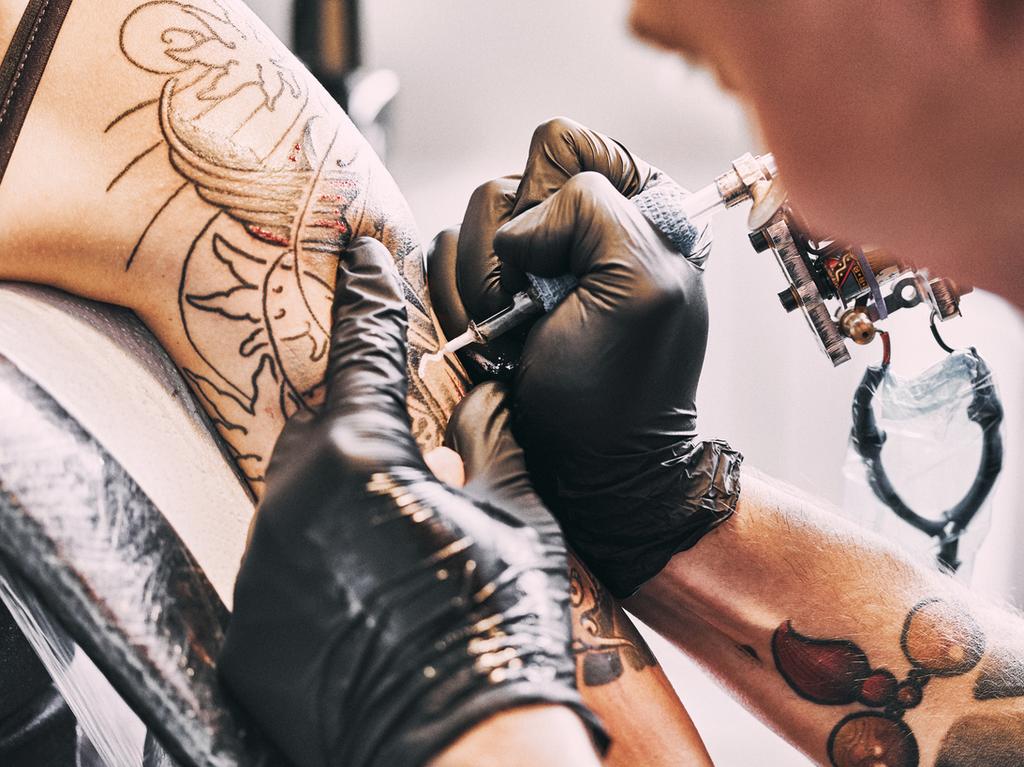
This article is more than
1 year old
Getting a tattoo involves a huge amount of risk – after all, the ink lasts a lifetime. It can also be an incredibly painful process.
But a new study has just found a horrifying new reason to reconsider getting inked, after sealed bottles of tattoo and permanent makeup ink were found to contain millions of potentially dangerous bacteria, even in brands that claimed to be “sterile”.
The research, conducted by the US the Food and Drug Administration, studied 49 tattoo ink samples, and found nine of them were found to have bacterial growth, CNN reported.
Out of 35 permanent makeup inks that were tested, nearly half — 17 samples — were contaminated.
Alarmingly, all 49 samples claimed to be “sterile” on their packaging, but 16 were found to be contaminated with microorganisms, a report from CBS News added.

“There was no clear link between a product label claiming sterility and the actual absence of bacterial contamination,” Seong-Jae Kim, a microbiologist with the FDA’s National Center for Toxicology Research, said in a release.
It is unclear which brands were found to be contaminated or whether the FDA will take any action against the companies found to be producing infectious products, the report stated.
The findings, published Tuesday in the Applied and Environmental Microbiology journal, come after 18 recalls over inks found to be contaminated in the US since 2003.
Because the ink is injected deep into the skin where some bacteria can thrive, contaminated ink can cause infections and serious injuries.

Common complications that can occur from contaminated ink include injection-site rashes, impetigo – a highly contagious bacterial skin infection – and cellulitis, a deep infection of the skin.
But in worst case scenarios, those infected with the contaminated ink could develop endocarditis, a potentially deadly inflammation of the heart lining, or septic shock, the last and most severe stage of sepsis.
If not quickly treated, “sepsis can rapidly lead to tissue damage, organ failure and death,” according to the US Centers for Disease Control and Prevention.
The FDA has been warned about the risk of contamination for years after previous outbreaks, which led to investigations and studies that found worrying pathogens in these kinds of products.

Around 1 in 5 Australians has a tattoo (19 per cent) and with females it is almost in 1 and 4 (24 per cent), according to research firm McCrindle.
More than 1 in 4 (27 per cent) of Australians with tattoos say that they regret, to some extent, getting a tattoo.
While 15 per cent have commenced or looked into tattoo removal.
A 2016 study from the Australian Government’s National Industrial Chemicals Notification and Assessment Scheme (NICNAS) alarmingly found that 1 in five tattoo inks in Australia contain potentially dangerous carcinogenic chemicals.